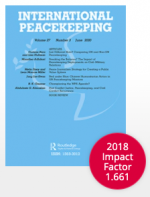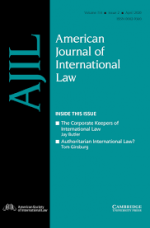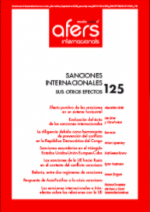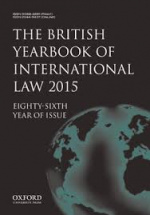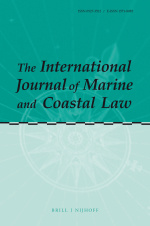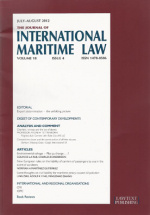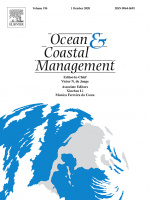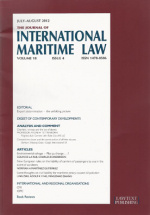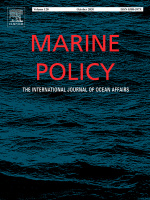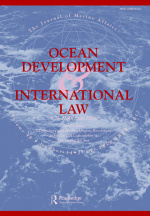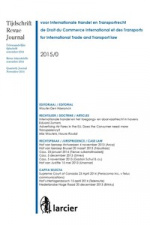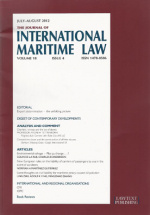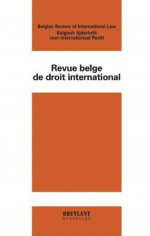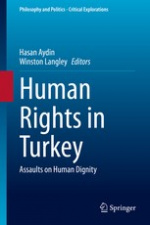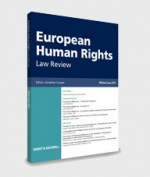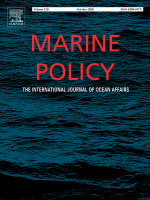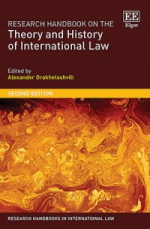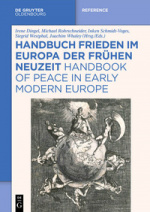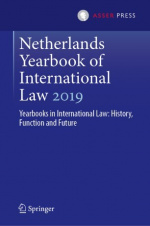Non-Lethal Assistance and the Syrian Conflict: Lessons from the Netherlands
Whether one thinks of Syria, Libya, Yemen, or Ukraine, third-State involvement is undeniably a common feature of many – if not most – ongoing non-international armed conflicts. While the direct provision of arms to non-State armed groups is widely deemed contrary to international law, recent years suggest that States feel less reticence to provide so-called “non-lethal assistance” (NLA), understood as material aid not designed to inflict serious bodily harm or death. In particular, in the context of the Syrian civil war, such aid has been provided to various rebel groups, including by the United States as well as by several European countries.
Of these countries, the Netherlands provides a particularly fascinating case study. This is not so much because of the scale of its NLA program, which remained altogether modest with a total cost of around USD 30 million. Rather, the intense dialogue between the executive and legislative branches in the Netherlands offers a unique insight into the type of NLA equipment that was provided, the processes used to vet beneficiaries, and the efforts taken to monitor where provided equipment ended up and how it was used. Parliamentary scrutiny intensified particularly after media reports in 2018 exposed the full extent of the aid program. As part of such scrutiny, the Dutch parliament commissioned a joint report from two expert bodies, the Advisory Committee on Public International Law (CAVV) and the Advisory Council on International Affairs (AIV) on the support of foreign non-State armed groups through ”non-lethal assistance”.
In their joint report (currently in Dutch only) of 25 June 2020, the CAVV and AIV were careful not to retrospectively pass judgment on the Dutch NLA program (for our analysis of the report, see here), but instead adopted a more abstract and forward-looking approach, including by offering criteria to determine the permissibility of future NLA programs. Given the broader relevance for similar government-sanctioned programs elsewhere, this blog post offers a brief commentary of the report’s findings, both on the state of customary law and on the criteria identified. Ultimately, the report leaves (little) room for such programs in the future.
Read more here.

